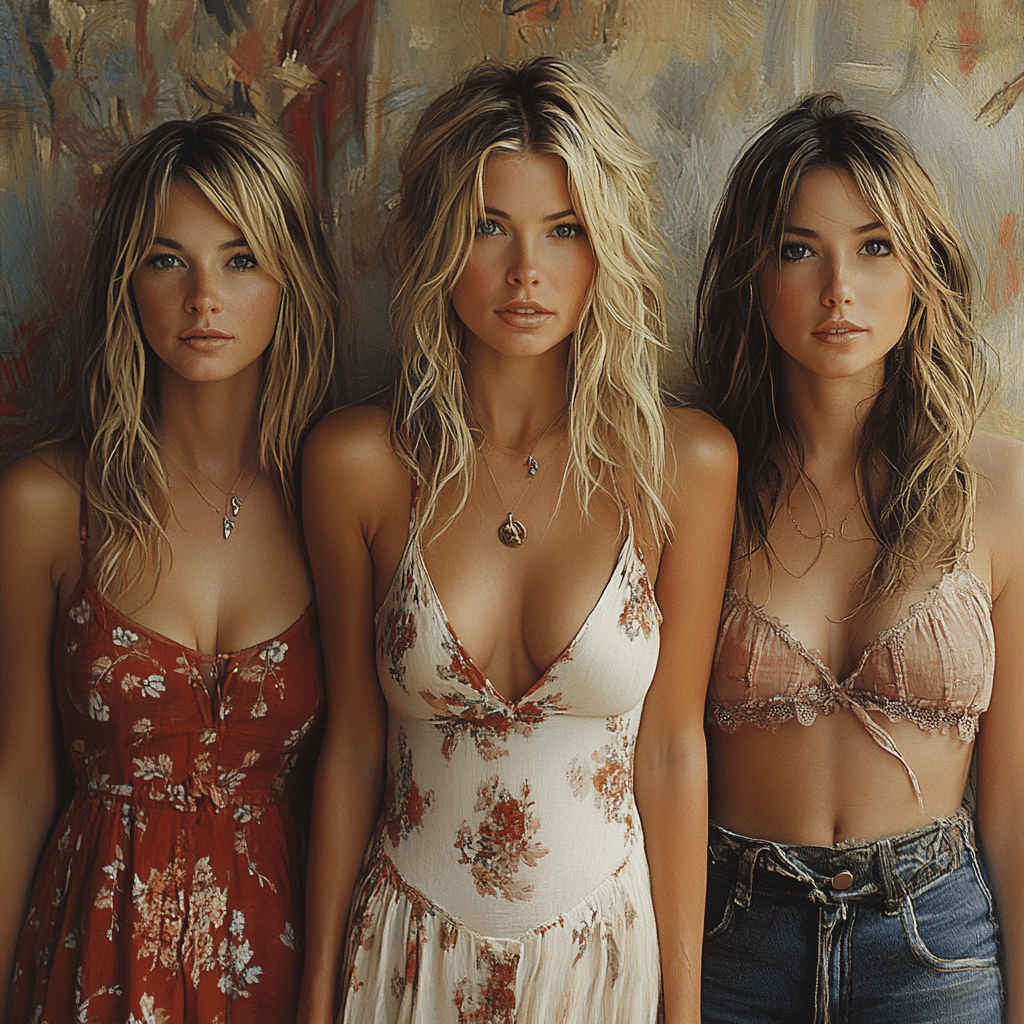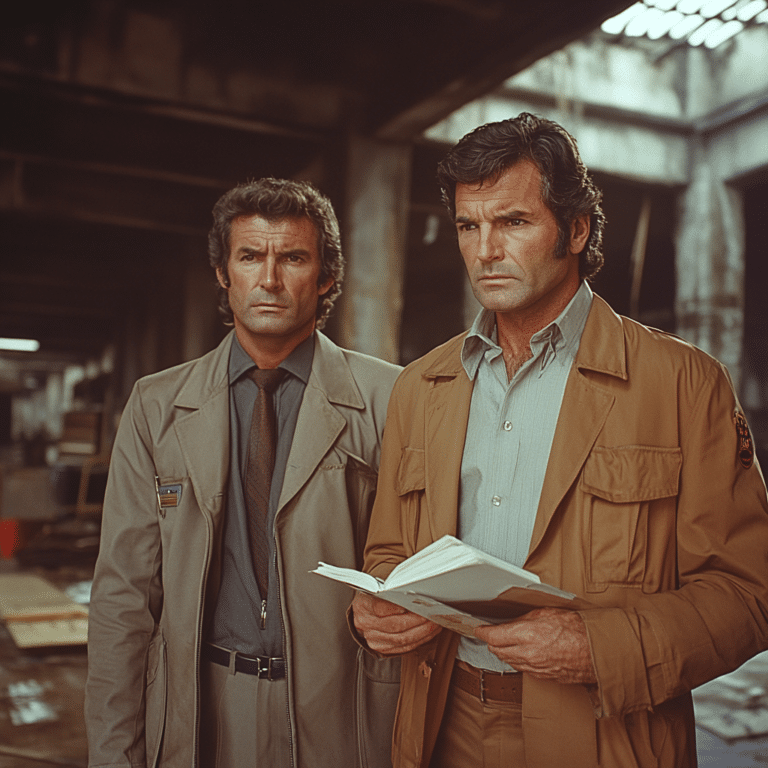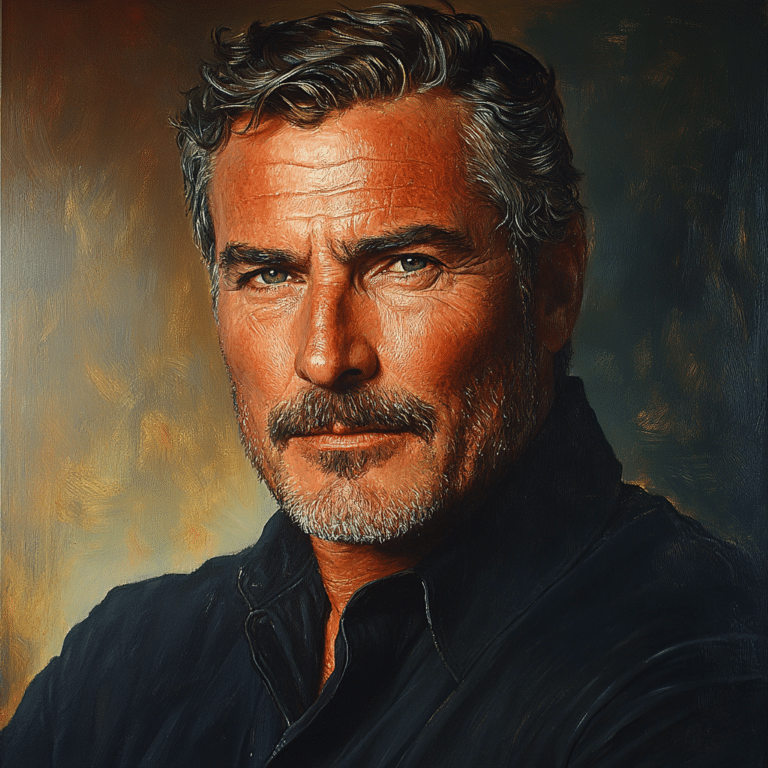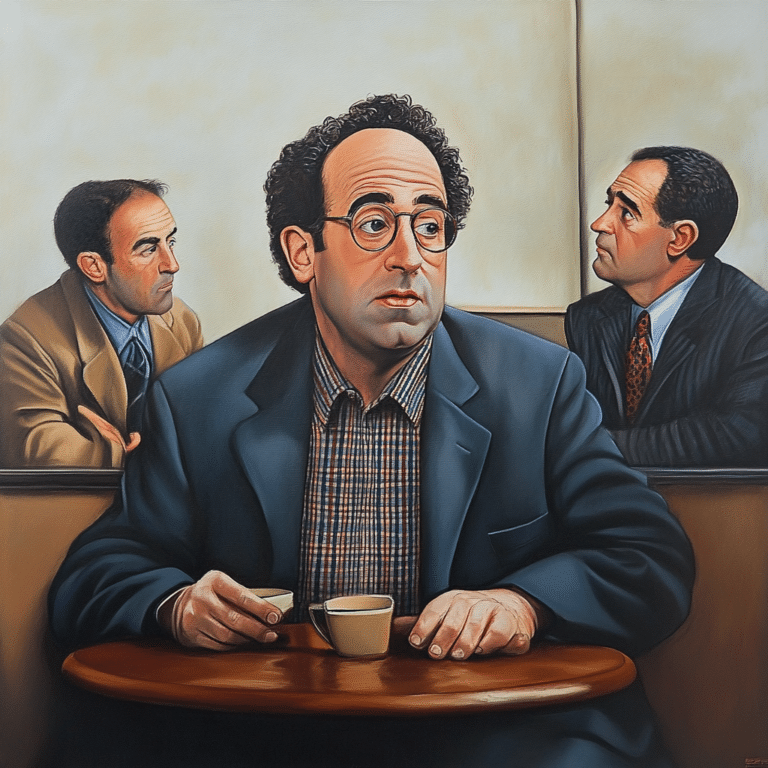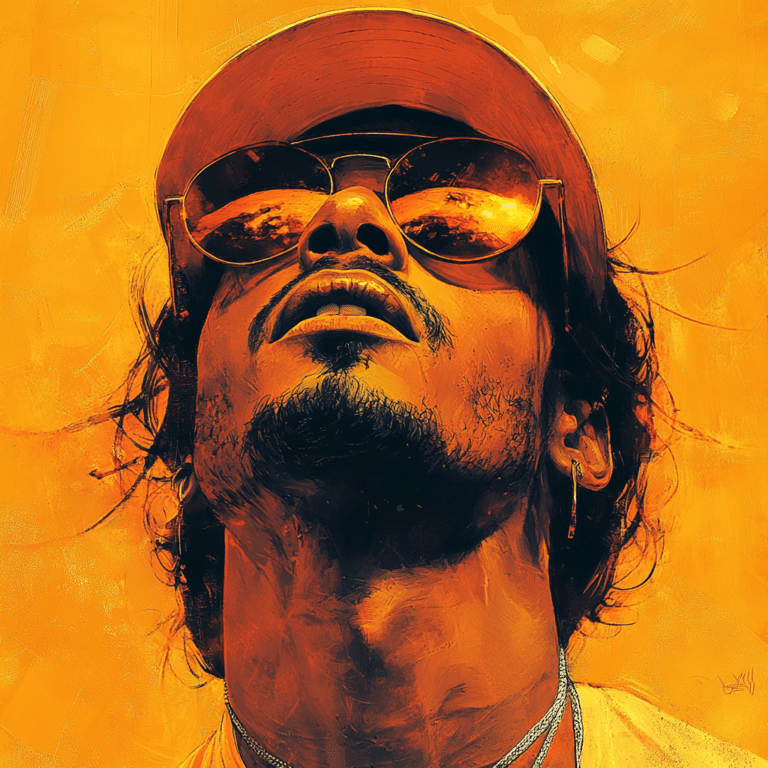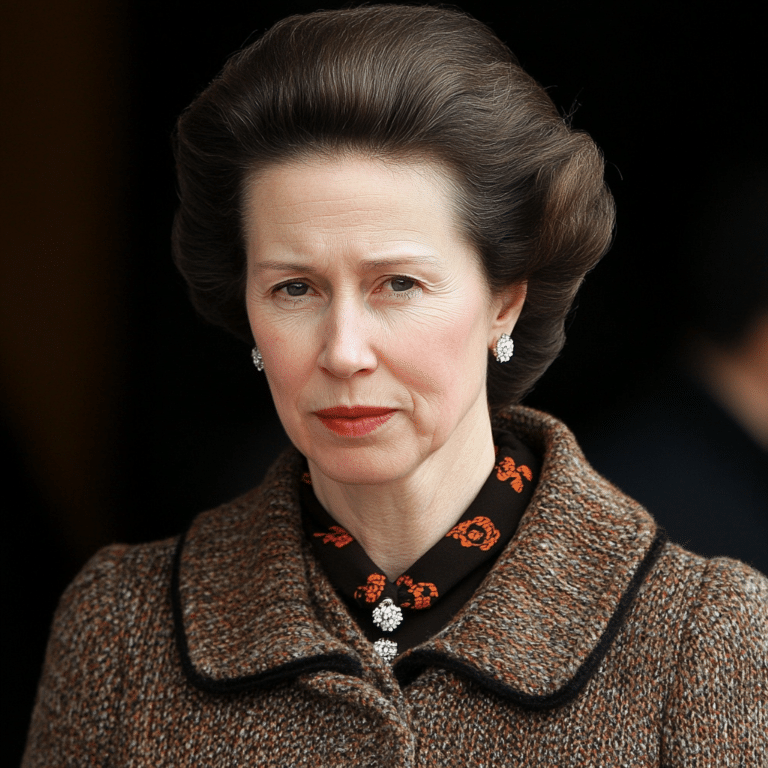The Dixie Chicks members—Natalie Maines, Martie Maguire, and Emily Robison—stand as titans in the country music landscape. This trio has influenced the genre since the late 1990s, blending bluegrass and country in ways that broke conventional molds. Alongside their musical evolution, they have unapologetically entered the political arena, often igniting heated discussions. For fans and critics alike, the Dixie Chicks serve as both a beacon of artistic expression and a catalyst for broader cultural discourse.
The Evolution of Dixie Chicks Members in the Country Music Landscape
Starting as a traditional country band, the Dixie Chicks achieved major commercial success. Their early hits, like “Wide Open Spaces,” showcased their incredible harmonization and musical talent. As the years progressed, so did their sound, evolving into more contemporary themes that both challenged and captivated listeners.
However, their path took a sharp turn in 2003. During a concert in London, Natalie Maines infamously stated she was “ashamed” President George W. Bush was from Texas. This bold stand against the Iraq War sparked outrage, which led to boycotts and widespread criticism from country music fans. Yet, instead of retreating, the Dixie Chicks doubled down on their beliefs, proving to fans that they were artists with voices meant for more than just melody.
Their 2006 comeback album, “Taking the Long Way,” was a powerful testament to their resilience. The project beautifully encapsulated their tribulations, winning several Grammy Awards and marking their return to public favor. This evolution defines not just their music but the spirit of the Dixie Chicks as engaged and outspoken artists.

Top 5 Moments of Controversy among Dixie Chicks Members
This moment has become a cornerstone of discussions surrounding the Dixie Chicks. That concert in London forever changed their trajectory, illustrating the power of free speech—and the price that can come with it. The backlash included boycotts from fans and radio stations alike, proving that their words had ignited a firestorm that most artists fear to unleash.
Coming back after a lengthy hiatus, the Dixie Chicks used their new album to turn the tide of public sentiment. Songs like “Not Ready to Make Nice” directly responded to their critics, making it clear that they would not be silenced. Winning multiple Grammy Awards reinstated their status and set the stage for their legacy—a legacy of artistic integrity in the face of adversity.
The Dixie Chicks took another bold step by performing at the Women’s March in Washington, DC. This event was part of a larger movement that expressed discontent with the Trump administration. Their music became a megaphone for activism, showing that their platform was meant for more than just music.
This documentary offered an intimate look at the trio’s lives post-backlash. By exposing their struggles and celebrating their triumphs, it reignited the discourse around civil liberties and artistic expression. The film questioned how cultural and political climates affect artists’ careers and prompted conversations about the responsibility that comes with fame.
As we move towards the 2024 elections, the Dixie Chicks haven’t held back. They’ve used social media to express their opinions on current political issues. This engagement has polarized audiences, showcasing the increasingly divided political landscape. The Dixie Chicks members have remained relevant by positioning themselves not just as musicians but as activists.
Tragedy and Tribute: The Impact of Death in the Music Community
The loss of iconic figures in the music industry often brings the community together. The death of Lisa Marie Presley, daughter of Elvis Presley, shook many artists, including the Dixie Chicks. Presley’s passing offered an opportunity for reflection on legacy, fame, and the darker side of the music business.
In response, the Dixie Chicks acknowledged this tragedy through social media and their music. They emphasized the importance of mental health discussions within the music community, illustrating a compassionate side often overlooked in the glitz of fame.
Engaging in these conversations can lead to mental health awareness and support. By uplifting the voices of artists like Presley, the Dixie Chicks members contribute to a growing dialogue—one that seeks to normalize discussions about mental health, fame, and its impact on artists.

The Personal Lives of Dixie Chicks Members: Balancing Fame and Family
While navigating the demanding entertainment industry, the Dixie Chicks members also prioritize their personal lives. For example, Martie Maguire’s attempt to balance motherhood with her career offers insights into the trials faced by women in music. Her family greatly influences her songwriting, bringing authenticity to her craft.
Both Maines and Robison have shared glimpses into their lives beyond the music. From parenting challenges to relationship dynamics, their experiences resonate with many fans. The interplay of fame and family offers a compelling narrative that showcases their humanity.
Moreover, their ability to retain a sense of privacy stands out in an era of oversharing. By controlling the narrative surrounding their personal lives, the Dixie Chicks members carve out a space that respects both their public personas and their personal boundaries.
Legacy of Dixie Chicks Members in Gender and Politics in Music
The Dixie Chicks have laid the groundwork for future generations of female artists. Their courage to speak out on controversial issues paved the way for artists like Kacey Musgraves and Miranda Lambert. Each of these women continues to challenge industry norms, breaking barriers that have long hindered female voices.
Their influence extends to gender politics, as they have addressed various socio-political injustices throughout their careers. By breaking into the traditionally male-dominated country music scene, the Dixie Chicks members have transformed the narrative surrounding female artists.
Even decades later, their legacy serves as a rallying cry for artists advocating for change within the genre and beyond. As the industry evolves, the Dixie Chicks’ contributions will forever echo.
Wrapping Up: The Unstoppable Voice of Dixie Chicks Members
The journey of the Dixie Chicks members has been complex yet inspirational. From navigating controversy to championing causes close to their hearts, they embody the idea of using music as a platform for advocacy. Their unyielding spirit has proven that music is a revolutionary tool capable of igniting discussions on urgent social issues.
As they continue to adapt while remaining steadfast in their beliefs, the legacy of the Dixie Chicks serves as a powerful reminder. Their ability to provoke thought and resonate with audiences across the spectrum is a testament to their artistry. With each new endeavor, the Dixie Chicks members embody an unstoppable voice that forever changes the landscape of music and activism.
Dixie Chicks Members: A Journey Through Music and Intrigue
The Iconic Trio’s Roots and Rise
Turn the clock back to the late ’90s, and you’d find the Dixie Chicks—a group of women who turned country music upside down. Made up of Natalie Maines, Emily Strayer, and Martie Maguire, these extraordinary ladies quickly charmed audiences with their harmonies and sharp lyrics. Did you know that members of the Dixie Chicks once embarked on a wildly successful tour that grossed over $25 million? That’s no small potatoes considering their competitive field! It’s fascinating to think how artists can impact music and culture, similar to how other unexpected figures, like the infamous Cumshot man, have left their mark in the media landscape.
Music, Politics, and Backlash
The Dixie Chicks became equally known for their political statements, especially a controversial remark made in London back in 2003. This bold move cost them a vast radio following, and they faced a wave of backlash, starkly reminiscent of current cancel culture trends. Despite this, they didn’t back down. Just like a riveting debate over Vrbo Vs. Airbnb can evoke strong opinions, their stance rejuvenated conversations on freedom of speech in arts. The Dixie Chicks members proved that the music industry is as political as it can be entertaining.
Trivia That Makes You Go ‘Hmm’
Here’s a fun nugget: did you know that all three Dixie Chicks members are talented multi-instrumentalists? While most of us might struggle to master one, they can pick up and play a handful of instruments! If that’s not impressive, consider this: they once performed at the Super Bowl pre-show, showcasing their star power to a staggering audience. Sort of like the jaw-dropping stories from a 104-year-old skydiver who made headlines! Their remarkable journey embodies resilience and evolution, catchy like a track from the original Charlie And The Chocolate factory, blending sweetness with a touch of edge.
So there you have it—Dixie Chicks members carved a niche in music and culture, stirring up ventures just as memorable as the languages used in popular films like Cars 3. Whether you’re a fan or just curious, their story inspires and opens a dialogue about not just music, but the power of standing firm in one’s beliefs. And speaking of inspiring figures, check out how public figures like Kate middleton face challenges head-on, or dive into the charming world of Sofia Gray. You never know what insights or inspiration you might encounter.
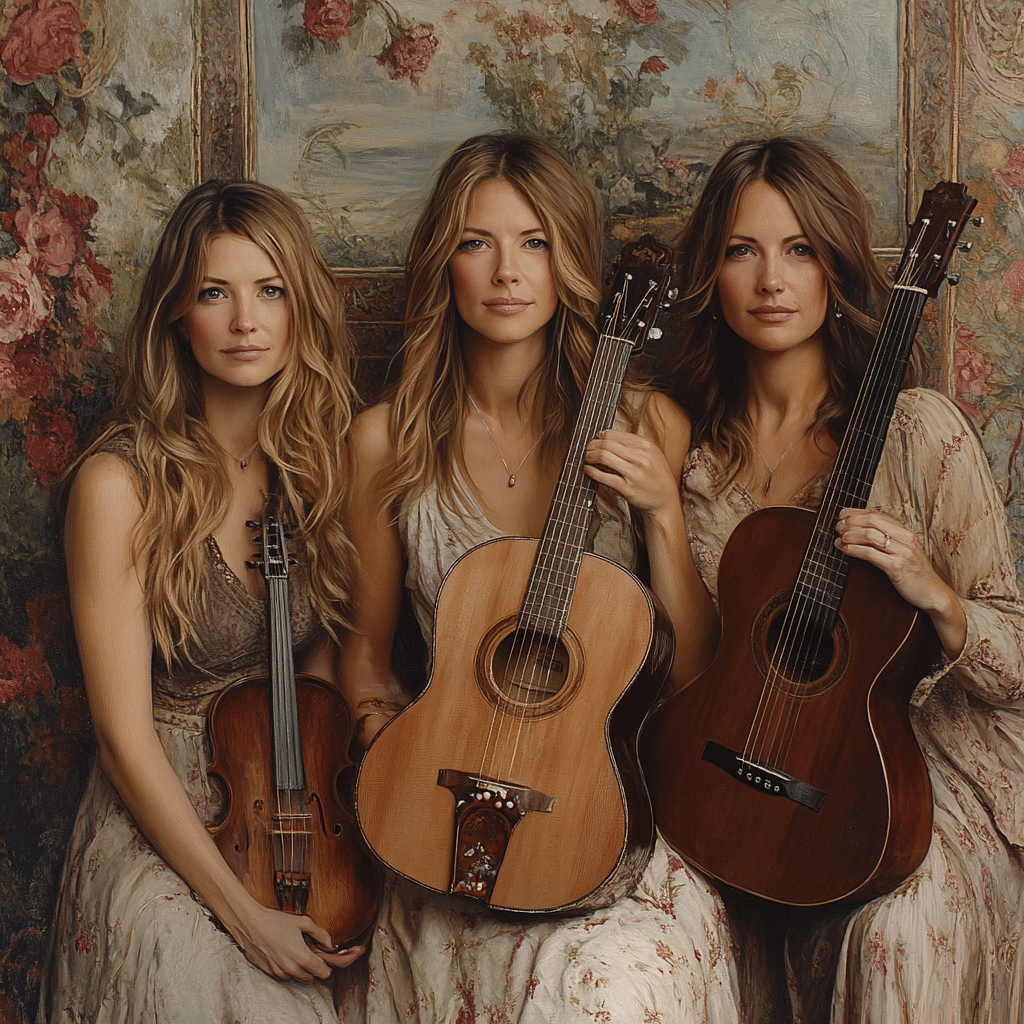
Which Dixie Chick passed?
Natalie Maines, the lead singer of the Dixie Chicks, has stayed in the spotlight, but Emily Robison and Martie Maguire are also vital members of the group.
What happened to the lead singer of Dixie Chicks?
The lead singer of Dixie Chicks, Natalie Maines, faced a lot of backlash after making comments about President George W. Bush in 2003, leading to a hiatus for the band for several years.
Why did The Chicks change their name?
They changed their name from Dixie Chicks to The Chicks in 2020 to distance themselves from the term “Dixie,” which they felt had negative historical connotations.
Why did Laura Lynch leave the Dixie Chicks?
Laura Lynch left the Dixie Chicks in 1995 for personal reasons, which led to Natalie Maines stepping in as the new lead vocalist.
What country music star died in a car crash?
The country music star who tragically died in a car crash is country artist and former member of the band Rascal Flatts, Joe Don Rooney, who had a serious accident.
Who originally did Dixie Chicken?
The song “Dixie Chicken” was originally done by the band Little Feat, which released it in 1972, and it has since become a classic.
Which Dixie Chick died in an auto accident?
There haven’t been any Dixie Chicks passing from an auto accident, but there are rumors regarding the unfortunate deaths of other musicians.
Who did the Dixie Chicks have a feud with?
The Dixie Chicks had a notable feud with country music stars like Toby Keith and became a polarizing figure within country music after their political statements.
Who was the original singer of Dixie Chicks?
The original singer of the Dixie Chicks was Laura Lynch, but she left, and Natalie Maines brought a new sound and energy to the group.
Why did Dixie Chicks lose Dixie?
The Dixie Chicks dropped “Dixie” from their name to reflect their stand against racism, aiming for a more inclusive identity.
What does dixie mean in Dixie Chicks?
“Dixie” refers to the Southern United States, historically associated with the Confederacy, and it often brings up complex feelings in the culture.
How old are the Dixie Chicks in 2024?
In 2024, Natalie Maines is 49, Emily Robison is 42, and Martie Maguire is 54, so they’re all in their prime years.
Are The Chicks touring in 2024?
Yes, The Chicks are planning a tour in 2024, and fans are eager to see them back on stage performing live.
Did Dixie Chicks break up for 14 years?
The Dixie Chicks didn’t officially break up for 14 years, but they did take a long hiatus due to the fallout from their controversial statements in the early 2000s.
What is not ready to make nice about?
“Not Ready to Make Nice” is about the group’s feelings of betrayal and hurt due to the backlash they faced, as well as their desire to stand their ground despite the fallout.

